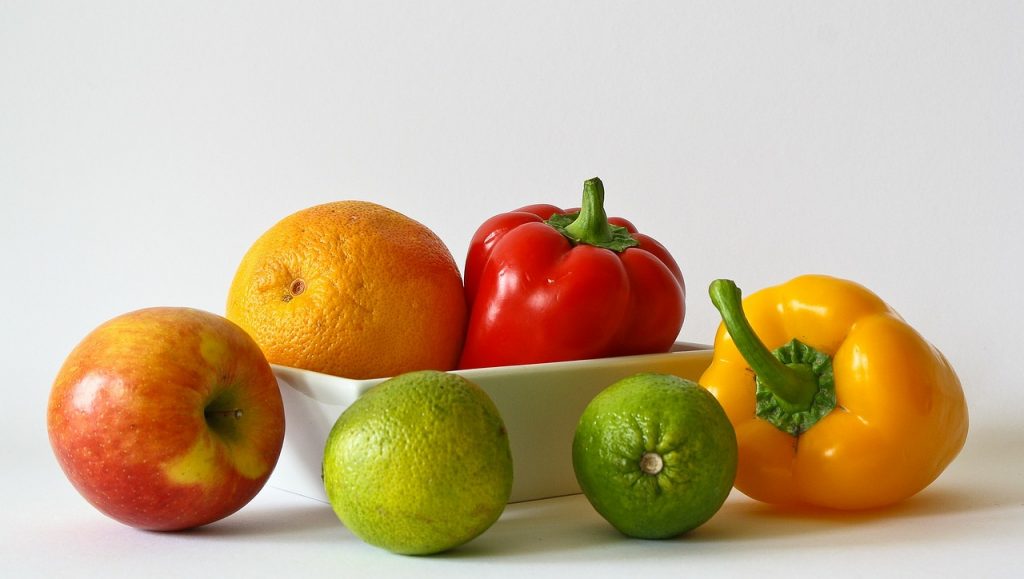 Sugar is chemically called sucrose. Sucrose is a disaccharide composed of fructose and glucose bound by a glycosidic bond. As a monosaccharide, glucose is relatively sweet, but fructose has a much sweeter taste, which is why it is used in the food industry in particular applications where a very sweet taste is required. The Western diet is replete with sugar, and this is because sugar is one of the tastes that is sought after by humans. Evidence suggests that sweet foods are desirable to humans and so this allows food manufacturers to sell more product, with little additional cost, due to the cheap and available nature of refined sugar. The downside of this ubiquitous use of sugar is that health suffers, because sugar is an obesogenic molecule that induces insulin resistance and increases the risk of a number of Western lifestyle diseases including cardiovascular disease and type 2 diabetes. Limiting sugar intake is recommended to those who wish to preserve their health and remain disease free.
Sugar is chemically called sucrose. Sucrose is a disaccharide composed of fructose and glucose bound by a glycosidic bond. As a monosaccharide, glucose is relatively sweet, but fructose has a much sweeter taste, which is why it is used in the food industry in particular applications where a very sweet taste is required. The Western diet is replete with sugar, and this is because sugar is one of the tastes that is sought after by humans. Evidence suggests that sweet foods are desirable to humans and so this allows food manufacturers to sell more product, with little additional cost, due to the cheap and available nature of refined sugar. The downside of this ubiquitous use of sugar is that health suffers, because sugar is an obesogenic molecule that induces insulin resistance and increases the risk of a number of Western lifestyle diseases including cardiovascular disease and type 2 diabetes. Limiting sugar intake is recommended to those who wish to preserve their health and remain disease free.

High sugar diets increase the threshold for detection of sweetness. This makes less sugary foods less palatable. As sugar is removed from the diet, the sweet taste of low sugar foods increases as the sugar taste threshold decreases, and so less sugary foods become more palatable. Consuming sugar therefore necessitates consumption of greater amounts of sugar in order to achieve the same sweet taste. This explains why fruits and vegetables become more palatable to those who do not regularly consume sugar in the diet.
However, evidence suggests that regular sugar consumption reduces the desirability if low sugar foods, necessitating sweeter alternative to be consumed. For example, in one study, researchers requested that subjects removed 40 % of the sugar from their diet. Compared to a control group who made no changes, the group that reduced sugar intake rated low sugar puddings as sweeter. Therefore the removal of sugar from the diet had desensitised the sugar abstainers from the sweet taste of sugar. Further, although they rated lower sugar foods as sweeter, the low sugar group did not find the desirability of these foods diminished, suggesting that as habituation to sugar diminishes, the ability to find low sugar alternative desirable, increases. This suggests that those with high sugar diets require higher amounts of sugar to obtain a sweet taste compared to sugar abstainers, and this change in threshold decreases the desirability of low sugar foods. Sugar therefore encourages the consumption of more sugar, explaining its addictive properties.
Eat Well, Stay Healthy, Protect Yourself
RdB
